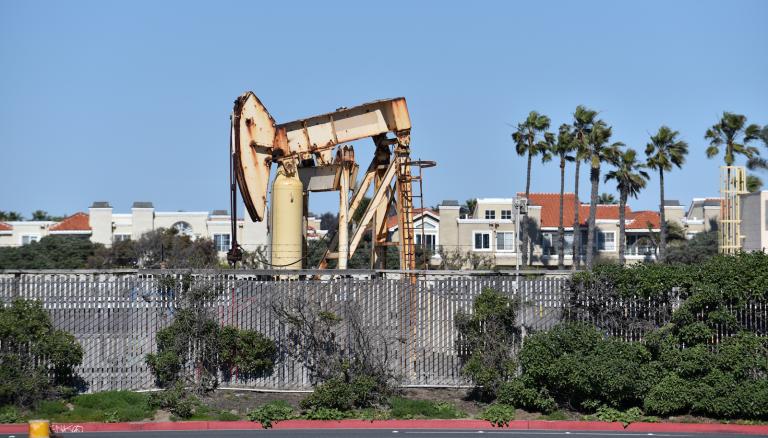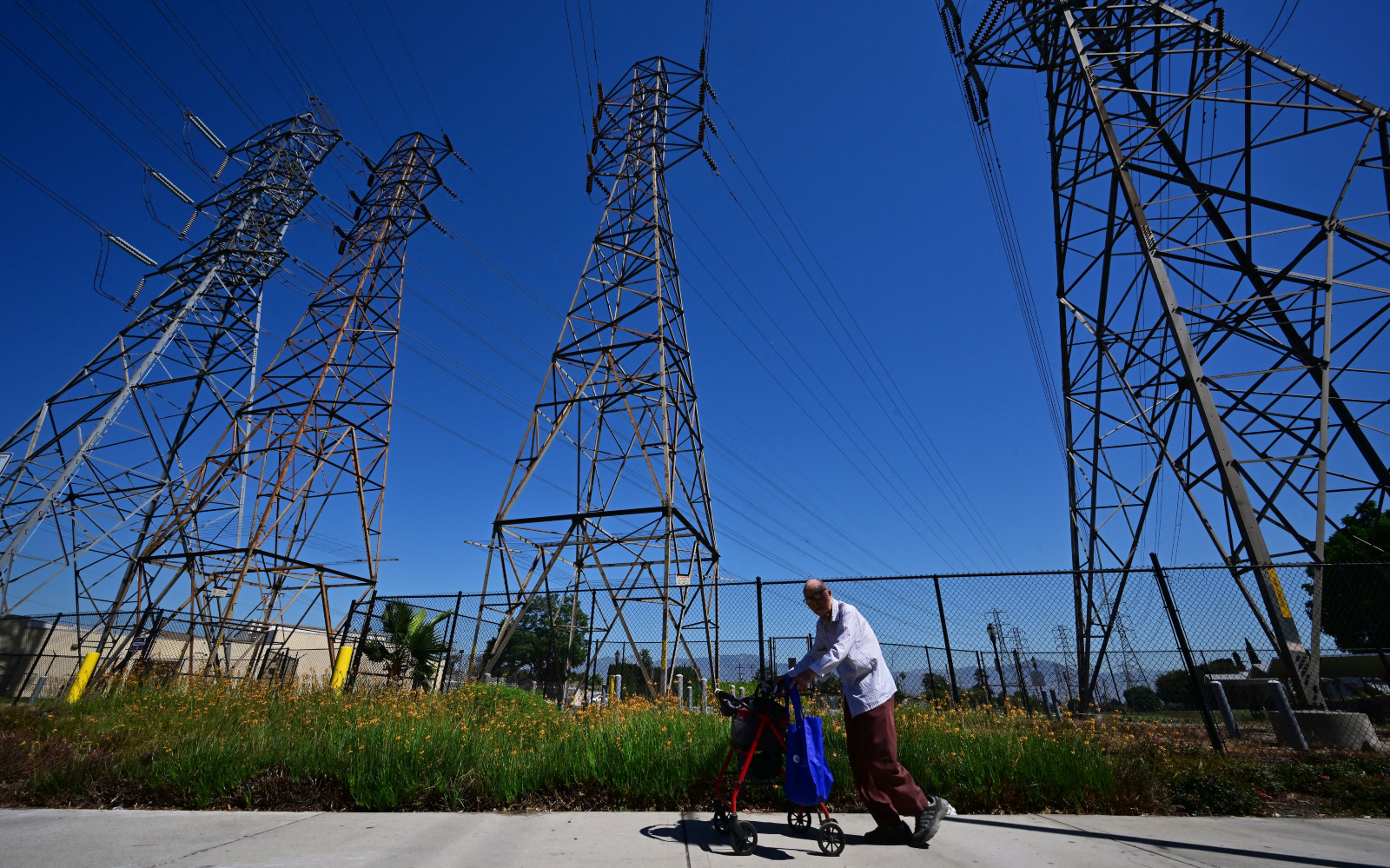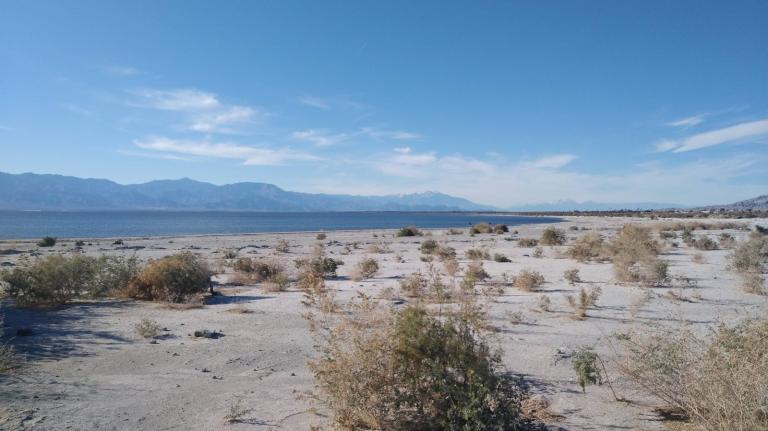This story is part of the Grist series Parched, an in-depth look at how climate change-fueled drought is reshaping communities, economies, and ecosystems.
A looming heat wave this Labor Day weekend might threaten Western states’ power grids and their residents, with utilities already warning of rotating blackouts.
California has already seen historical heat this week, fueling wildfires that have spurred evacuations and closed a section of Interstate 5. Temperatures are expected to hit 115 degrees Fahrenheit across the southern part of the state this weekend, breaking record temperatures. According to the National Weather Service, excessive heat warnings are already in effect in central Great Basin states such as California, Utah, and Idaho. California Independent System Operator, which manages the state’s electric grid, said it will likely see the most demand for power on Labor Day and is asking residents to conserve energy to prevent more drastic measures like rotating blackouts.
“Consumers are urged to reduce energy use from 4-9 p.m. when the system is most stressed because demand for electricity remains high and there is less solar energy available,” the operator said in a statement. It’s also asking residents not to charge electric vehicles, which are growing in popularity as the state phases out gas-powered cars, during peak hours.
The ongoing drought in the West is already hitting electricity generation, causing some hydroelectric plants to pump out less power, and utility companies have had to fill in the gap with power from natural gas and coal plants, which then contribute to carbon emissions. Utilities in San Diego and Phoenix are taking aggressive steps to conserve water in the face of recent drought conditions, after a one-two-punch of extreme temperatures and diminished water supplies places increased pressure on energy producers and consumers.
Heat waves also pose a threat to public health. They disproportionately harm low-income residents, Black and Hispanic neighborhoods, and people without housing. Extreme heat kills 600 people in the United States each year.
The National Weather Service has also said that this weekend’s heat wave is poised to make nighttime temperatures hotter and more dangerous. Recent studies suggest climate change is making it harder for people to cool down at night, raising mortality rates across the globe. California and Oregon have also seen wildfires sparked by the heat wave this week, with more potentially on the horizon.
Gavin Newsom, California’s Democratic governor, declared a state of emergency on Wednesday with measures that aim to alleviate the strain on the power grid. The declaration allows residents to use backup diesel generators during periods of peak demand and approves increased electricity production. According to the Associated Press, these measures will increase air pollution in the state, but Karen Douglas, the governor’s senior energy adviser, told the AP that the priority was to keep the lights on.




